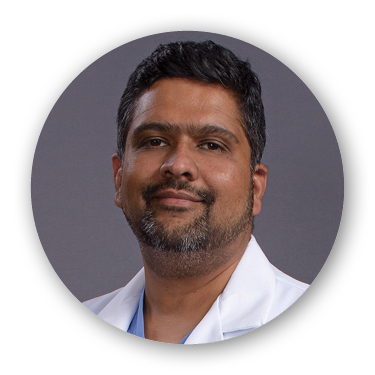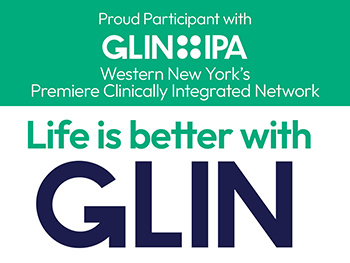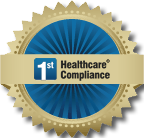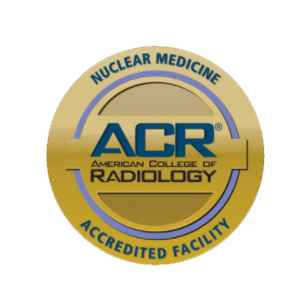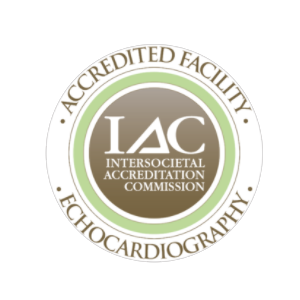The Hidden Danger of COVID-19: Ignoring other illnesses can be deadly during the pandemic
Heart attacks and strokes don’t care about COVID-19. They just keep on coming.
Unfortunately, there is anecdotal evidence that an increasing number of people are delaying seeking care for symptoms during COVID-19. That can be a real problem, according to Great Lakes Cardiovascular Interventional Cardiologist Dr. Vijay Iyer.
When we are talking about certain cardiac episodes, the difference between life and death can be a matter of minutes,” he says. “Delaying treatment can be a fatal decision.”
There appear to be two primary reasons people would delay seeking medical care for non-COVID-19 symptoms during the pandemic. First, there is the altruistic belief that they would be taking a bed away from someone who needs it more than they do.
“People need to leave decisions like that to the medical professionals,” Dr. Iyer says. “We assess every patient, and we admit people who have a need for urgent care, so if a doctor admits you to a hospital, it is because you need that level of care, there is no more or less than the next person.”
Additionally, in most parts of the country outside of New York City, social distancing has led to a flattening of the curve, and hospitals have the capacity to admit patients as needed. The shortage of beds that was expected early on, and was seen in some communities, is now much better.
Even if there was a shortage in beds, Dr. Iyer says that’s no reason to delay or skip treatment.
“Calling and coming in to be examined still gives us the opportunity to assess your condition and take action outside of hospitalization,” he says. We treat many patients in the office, and there may be simple medications we can prescribe to help. But we don’t know that if a patient doesn’t reach out.”
The second, more common reason, is simply fear. Erie County has the second-highest number of confirmed cases of COVID-19 in the state. Governor Cuomo issued and reissued a Stay in Place Order. People are required to wear a mask in public. There is an understandable level of fear in the community and for many patients, that translates into a hesitation to go to a doctor’s office or hospital for fear of being exposed to the virus. While there is no guarantee, Dr. Iyer says healthcare providers across the community have done an outstanding job of implementing measures to keep patients and staff safe.
“We are part of General Physician, PC and together we have more than 70 offices,” Dr. Iyer says. “At every office, we took immediate and comprehensive steps to ensure everyone who comes through our doors is safe.”
Dr. Richard Charles is the Chief Medical Officer of General Physician, PC. He says those steps included increased training for staff and providers as soon as COVID-19 broke.
“Keeping our patients safe during this time begins with keeping our staff safe and making sure they have the education and the tools to execute best practices in all offices,” he says.
Dr. Charles says at every General Physician, PC and Great Lakes Cardiovascular office, the following safety precautions have been implemented:
-
No one is allowed to enter an office without having their temperature taken (fever is a primary symptom of COVID-19).
-
Access is retracted to employees, patients, and their caregivers only. No outside vendors or visitors are allowed in any office.
-
All staff and providers wear personal protective equipment.
-
Many offices offer video and telephone visits for added safety.
“We understand the apprehension our patients feel, and we have taken every step possible to mitigate any risk for those individuals visiting our offices,” he says.
Dr. Iyer says the same is true for the hospitals he cares for patients in — each is operating at a heightened level of safety and patient protection.
“The advice I give my patients today is the same as it was before COVID-19 and the same it will be after COVID-19,” he says. “If you feel something, say something. If you have symptoms, call your doctor or hospital. It could absolutely save your life.”
Dr. Vijay Iyer has offices in Buffalo and Olean. To schedule an appointment at any Great Lakes Cardiovascular office, call 716.710.8266.

 APPLY ONLINE TODAY!
APPLY ONLINE TODAY!
